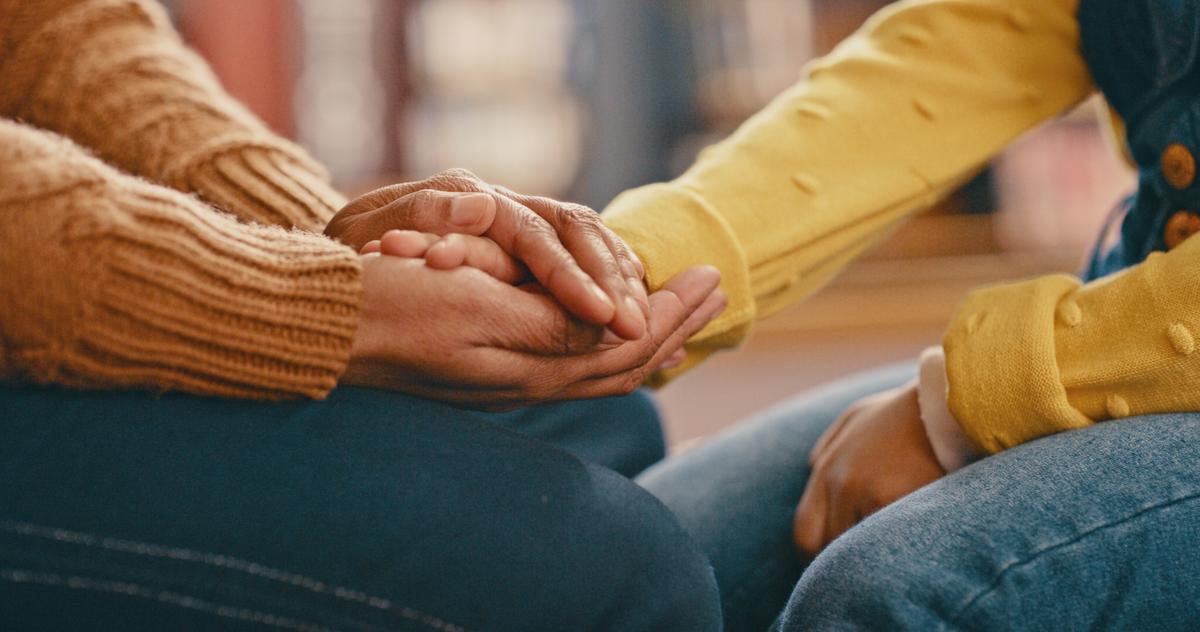970x125
When 24-year-old Ankita (name changed), met Dr Arun B Nair, professor of psychiatry at the Government Medical College, Thriuvananthapuram, she was convinced she was autistic. An engineering student who passed out with excellent grades, Ankita could not perform well at her workplace. She struggled in areas where she had to interact with a group; she could not understand team dynamics. Gathering information available online, Ankita concluded she was autistic.
970x125
“She told me her condition was incurable. Autism is a neurodevelopmental disorder and Ankita was not autistic; what she had was a form of social anxiety. Once her problem was identified, we were able to address the issue,” says Arun.
Cyberchondria
He narrates another instance of a 20-year-old IIT aspirant who was brought into the emergency room with severe palpitation. He had diagnosed himself with ADHD and had taken to self medication, which eventually turned into full-blown drug abuse. He had overdosed, which resulted in the palpitation and was subsequently referred to the department of psychiatry.
As empowering as the internet and social media may be, it might also be contributing to ‘Cyberchondria’, a form of anxiety caused by repeated internet searches regarding medical information. This could have a negative impact on a person’s mental and physical well-being, observes Arun.
In this age when access to information has exploded, it is important to look for authentic sources, especially when it is concerning mental health, says Dr CJ John, consultant psychiatrist at Medical Trust Hospital, Ernakulam.

Seek professional help
While general awareness has increased, problems such as self-diagnosis have increased too. Very often, these do not result in seeking professional help, John adds. “After the self-diagnosis comes the solutions to the “problem”. The internet may offer a bunch of solutions that may include meditation, deep breathing and talking to someone or even watching a motivational video. But unless the person consults a qualified professional licensed by an approved body, one cannot draw conclusions about the mental condition or the intervention needed,” he adds.
This is also known as the “Idiot Syndrome” (Internet Derived Information Obstructing Treatment), where individuals rely excessively on unverified online health information leading to misdiagnosis and avoidance of professional medical care. “One cannot dismiss the Internet completely, but there has to be awareness about credible sources of information. Everybody with their life experiences can dole out advice on mental health. If they have good communication skills, they could influence the person, too. But it is up to the seeker to make sure the person whom they are talking to is qualified to handle their issues,” says John.
Create a safe space
Despite increased awareness, the stigma attached to traditional therapy has not gone away, says Zaileshia G, a clinical psychologist based in Kochi. “Youngsters especially may turn to AI for therapy because they don’t have a safe space at home or in their peer group. There is fear of judgement as well. If there is no one to listen with empathy, AI chat bots offer a space to vent. This is why there is a need to create an environment at home where you create a safe space,” she adds.
“AI may seem like an interesting space which lets you be, but it lacks the ability to communicate with you in a way only a human being can. The tonal fluctuations of the therapist’s voice, the non verbal communication that happens are all extremely important in the path of recovery,” she adds.

A space to be
A therapist brings her (his/their) authentic selves to the table. “Some times, when your clients share something they have gone through, as fellow human beings, we feel their pain. The eye contact, that moment when they feel we understand helps them in their healing journey,” says psychologist Sruthi Ravindran, who founded The Happy Space, in 2020, a collective of psychologists and well being coaches from different parts of India. “No qualified therapist would draw conclusions based on tests alone. It is a journey, with the client, towards healing and growth,” she adds.
Authentic sources of information
Government agencies such as Directorate of Health Services
Indian Psychiatric Society
Mayo Clinic
Amercian Psychiatric Association
Organisations accepted by the WHO
Disha, a round-the-clock tele helpline for mental health concerns — 1056 (toll free) / 0471 – 2552056
Published – October 10, 2025 01:22 pm IST
970x125

